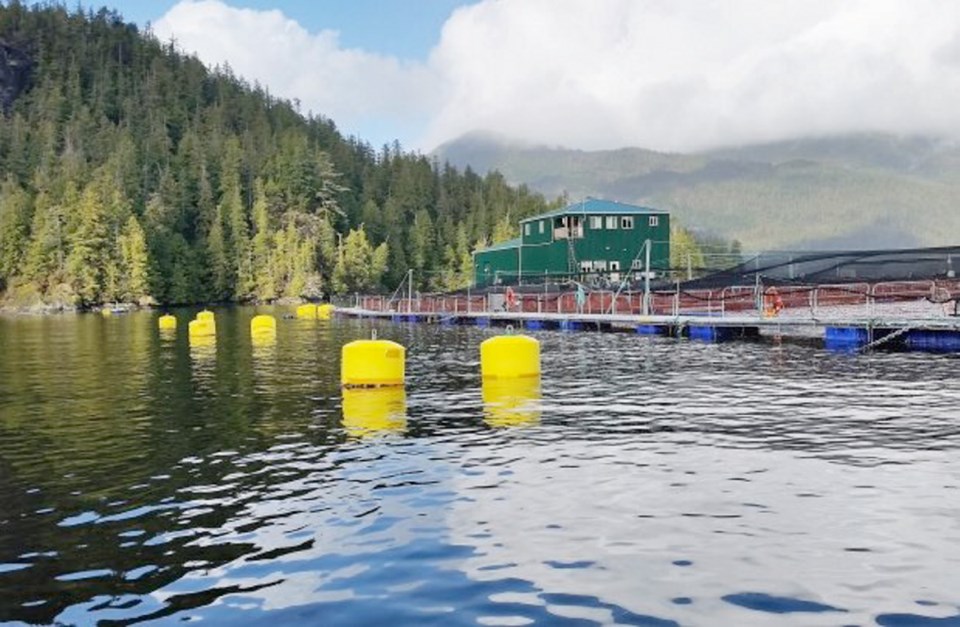Delegates at the meeting of B.C.’s municipal leaders this week in Whistler will consider a motion from the City of Victoria calling on the province to mandate salmon farming move on land. That would effectively shut this important industry down, throwing 6,600 British Columbians out of work and curtailing production of an important food.
Why? The technology doesn’t exist today to grow large numbers of fish on land. Just as there would be with raising a lamb or chicken in the ocean, there are hurdles that haven’t yet been overcome.
The industry has been trying land-based fish farming for 30 years. While some smaller operations have had great success with boutique land-based operations, including some in B.C., the larger ones have all failed for one reason or another.
That is not to say innovation allowing us to raise more fish on land isn’t important — it is, and will likely be part of the solution to feeding our hungry world in the future.
The UN recently reported we need to double food production globally by 2050 as we move toward 10 billion people. There isn’t much more land to grow food on, but there is lots of ocean available, so aquaculture is an important part of the solution — both in the water and on land.
There are also significant environmental impacts to consider, and figure out.
Moving all of Canada’s current ocean-based salmon farming to land would require that we pave over about 159 square kilometres of farmland and pour concrete tanks on them. Then we’d have to fill those tanks with four billion litres of water, and use huge amounts of electricity to replicate the currents farmed fish need, and which naturally exist in the ocean.
The Union of B.C. Municipalities has another, more constructive, motion from Campbell River calling for an approach based on science and evidence it could put forward for officials to consider. Unfortunately, that’s been buried so deep in the list of motions, delegates almost certainly won’t get a chance to consider it, while the negative Victoria motion has top billing.
The UBCM’s approach perhaps speaks to the amount of misinformation and unconscious bias about salmon farming that’s been allowed to fester in this province. In an ideal world, the two motions would be considered together in a debate rich with information and science, but it looks like that’s not going to happen.
That is unfortunate for all of us.
Fact is, the science says we need salmon farming to provide an alternative supply of this important food if we want to continue eating fish as wild salmon face pressure from over-fishing and climate change.
The science also tells us wild and farm-raised salmon can happily co-exist in the oceans as long as farmers behave responsibly, as our members do.
Of course, there are issues, and things were done differently a couple of generations ago. That’s true for any industry. But our farmers have evolved and tackled every issue that has been raised with hard work, good science and investment in new technologies and equipment.
Here in B.C., almost three-quarters of the salmon we harvest today comes from a farm. Globally, about half the fish we eat today is raised on farms, and the UN expects that will grown to about two-thirds by 2030.
The question isn’t whether we should farm our oceans, but how.
In the end, the UBCM has no direct authority over salmon farming. That falls to the provincial and federal governments. However, they have influence. As responsible elected officials, UBCM delegates owe it to their voters to get educated before voting to shut down such an important industry. I would be happy to speak to any delegates who want to get informed, and even bring them along for a tour of a farm so they can see it for themselves.
John Paul Fraser is executive director of the B.C. Salmon Farmers Association.



